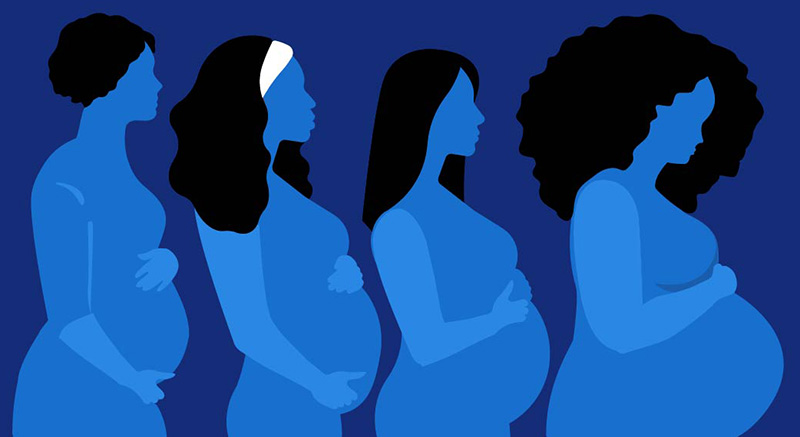
The National Institutes of Health has awarded two new grants to expand its Maternal Health Research Centers of Excellence. Launched last year as part of NIH’s Implementing a Maternal health and PRegnancy Outcomes Vision for Everyone (IMPROVE) initiative, the Centers of Excellence develop and evaluate innovative approaches to reduce pregnancy-related complications and deaths and promote maternal health equity.
“An increase in IMPROVE funding in the fiscal year 2024 federal budget allowed us to extend the footprint of the Maternal Health Research Centers of Excellence to additional communities in the United States with high burdens of severe pregnancy-related complications and deaths,” said Diana W. Bianchi, M.D., director of NIH’s Eunice Kennedy Shriver National Institute of Child Health and Human Development (NICHD).
The two new research centers, selected from the original applicant pool after a competitive peer review process, are located at the University of Pittsburgh and the University of Illinois Chicago (UIC). Each received approximately $2 million in first-year funding, and the grants are expected to last six years. The UIC Maternal Health Research Center of Excellence will be led by principal investigator Rachel Caskey, M.D. At the University of Pittsburgh, Dara Mendez, Ph.D., will lead the Equity in Maternal and Birthing Outcomes and Reproductive Health through Community Engagement project.
With these additions, the Maternal Health Research Centers of Excellence include 12 research centers, a data innovation and coordinating hub, and an implementation science hub. These institutions work together and with community partners to design and implement research projects addressing the biological, behavioral, environmental, sociocultural, and structural factors that affect pregnancy-related complications and deaths. Their work focuses on populations that experience health disparities, including racial and ethnic minorities, socioeconomically disadvantaged populations, those living in underserved rural areas, and people with disabilities.
NICHD, the NIH Office of Research on Women’s Health, and the National Institute of Nursing Research co-lead the IMPROVE initiative, with involvement from other NIH institutes, centers, and offices.

 BACK TO TOP
BACK TO TOP